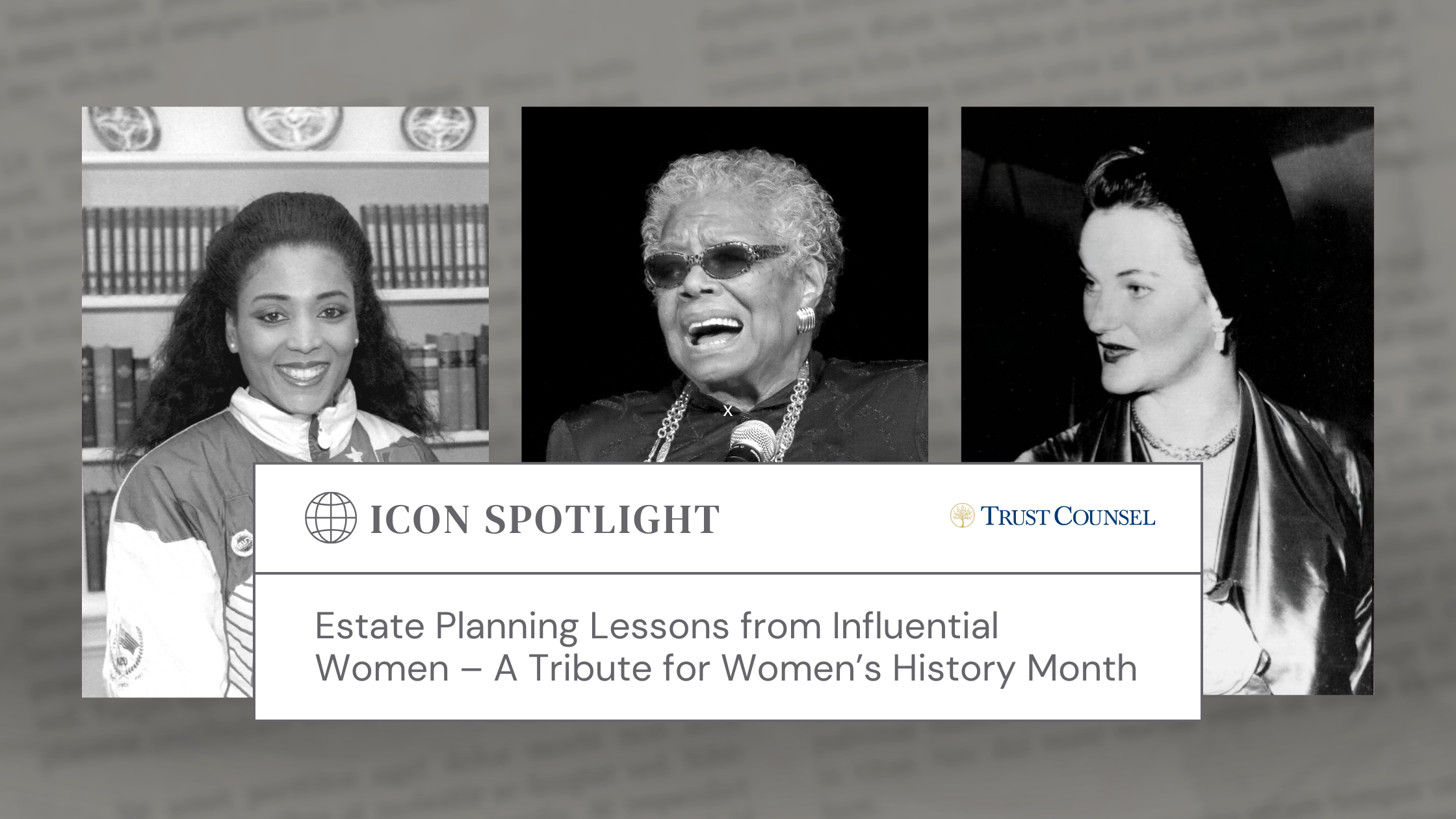If you are getting a divorce from your spouse, you have a lot of Divorce Estate Planning to do. You will need to name your own beneficiaries, organize your divided assets, and set up your individual estate.
It is important that you meet with a qualified attorney to discuss the specifics of planning your estate to ensure that your wishes are carried out as you desire. You need to be well versed in the most strategic methods of dividing your joint estate so that you do not end up paying all of the taxes while he or she enjoys the benefits of your assets.
I have outlined some important information for you to be aware of when planning your estate during and after your divorce. Unless your estate planning documents say otherwise, filing for divorce will not change your estate plan or the legal default rules about what happens to your assets if you pass away without an estate plan (the laws of intestacy). If you want control over what happens to your assets upon your death or incapacity, you need to execute a will or a trust to direct the distribution of your assets and appoint a person you trust to make sure your wishes are followed.
Medical and Financial Decisions During Incapacity
Until your divorce is final, your spouse is the person with priority to make both financial and healthcare decisions, should you become incapacitated. Many people going through a divorce are uncomfortable with their soon-to-be ex-spouse deciding things such as tube feeding and life support, in addition to controlling their finances, should something happen to them before the divorce is final. Most would prefer naming another person to make those crucial decisions on their behalf.
An Advance Directive naming a trusted friend or family member would give the person of your choice the power to make health care decisions if you are unable to communicate your wishes. A Power of Attorney would similarly authorize a person you trust to manage your finances if you are unable to do so. Properly executing these documents, as soon as possible in the divorce process, can give you much-needed peace of mind. Also, these documents can continue to be effective after the divorce is final, meaning these essential tools are set-up for the future.
Assigning a Beneficiary
During your marriage, chances are your spouse was the sole or major beneficiary of your estate. After your divorce, it is important that you designate a new beneficiary on all of your documents and for all of your accounts.
The federal law called ERISA pre-empts state laws that automatically remove an ex-spouse as the beneficiary of retirement plans. Therefore, it is important that you remove the ex-spouse as the beneficiary unless you wish for him or her to remain as your designated beneficiary.
Please note: Once you re-name your beneficiary, it is possible that your ex-spouse will still retain the rights to part of your retirement benefits that you accrued during the time of your marriage. I recommend consulting with a qualified estate planning attorney to determine just how much of your benefits and estate will be designated to your ex-spouse after your divorce.
Establishing a Trust
Technically, Florida law does not allow one spouse to completely disinherit the other even after the divorce is filed. If a party dies in the middle of a divorce and an estate plan makes no provisions for the deceased person’s spouse, the spouse is entitled to his or her “elective share.” The elective share is a percentage of the total combined assets of the deceased and surviving spouses.
However, it is still important to create a Trust to ensure that a designated person that you trust will have control over funds after death – and not your soon-to-be Ex-Spouse! There are three Trusts that you can explore when planning your estate:
- The Revocable Living Trust helps you avoid probate by allowing your Trustee to distribute your assets according to the instructions that you have outlined.
- The Children’s Trust allows you to designate funds that your child will use later in his life to pay for his education, home, etc.
- The Irrevocable Life Insurance Trust, otherwise known as “ILIT”, allows you to distribute the death benefit estate tax-free when and how you want, even long after you’re gone.
Divorce is never easy. It is typically a very long and arduous process as both parties work to get their portions of the shared assets. Contact an experienced estate planning attorney and make sure he or she knows that you are anticipating or are in the middle of a divorce. It’s also important to authorize both your family law and estate planning attorney to communicate with each other about your case and share important documents and information to efficiently and cooperatively work together to help you achieve your goals.
We are experienced and knowledgeable about the benefits and limits of estate planning during the divorce process. The family law and estate planning lawyers work collaboratively and economically to share information that ensures you and your assets are protected during the divorce proceedings.





